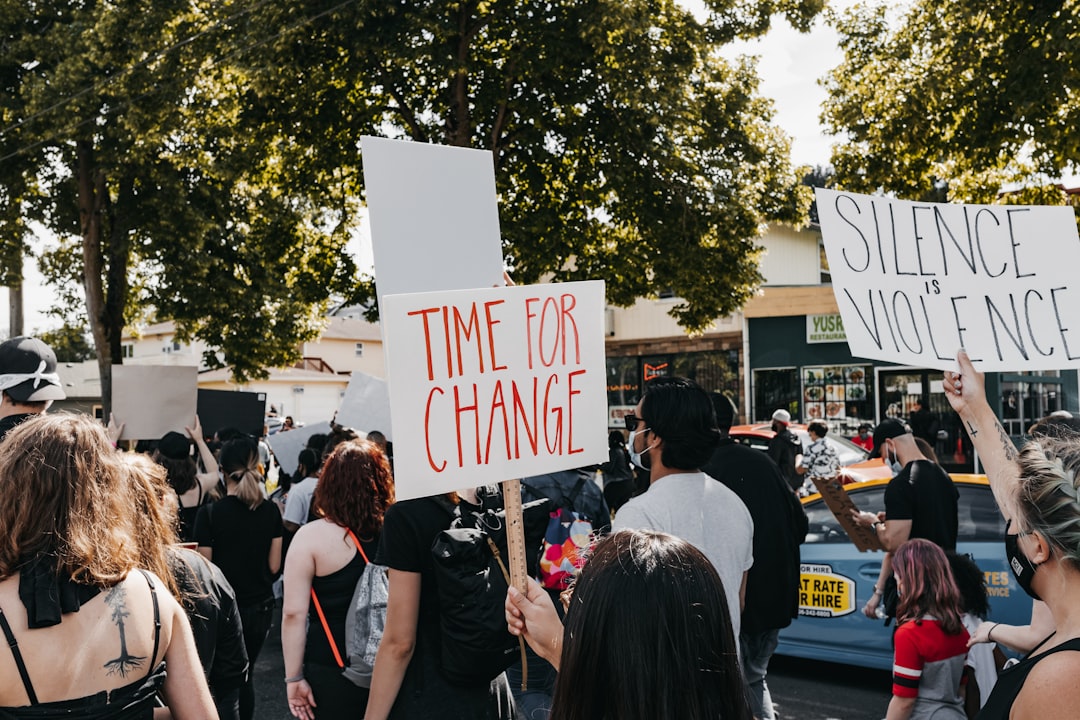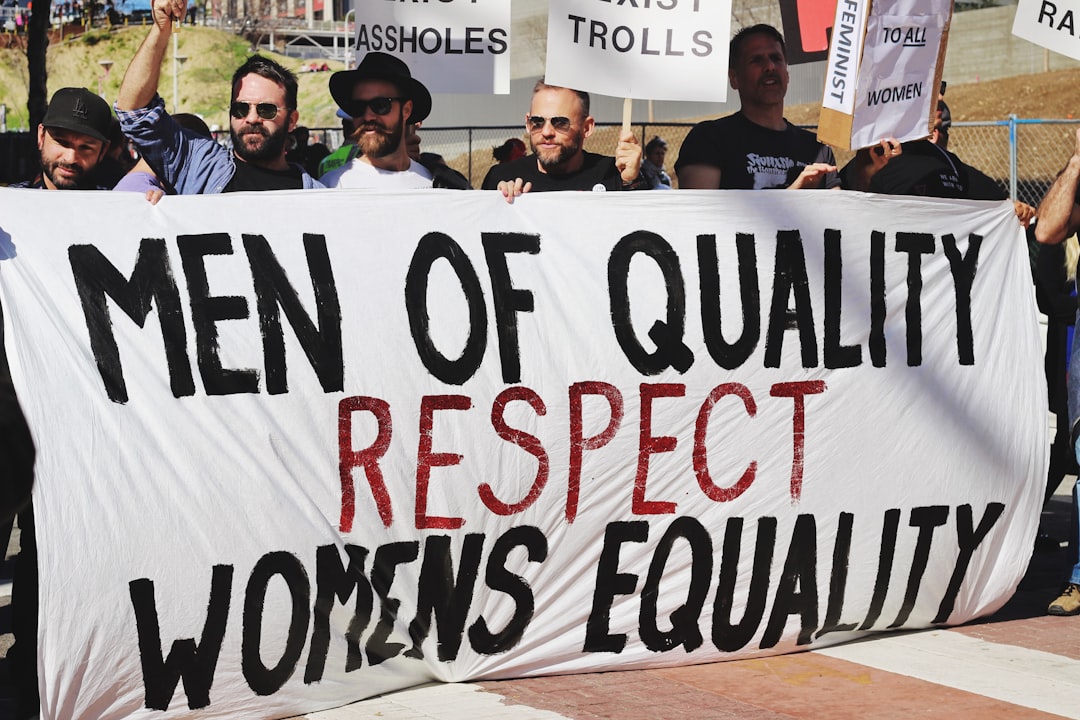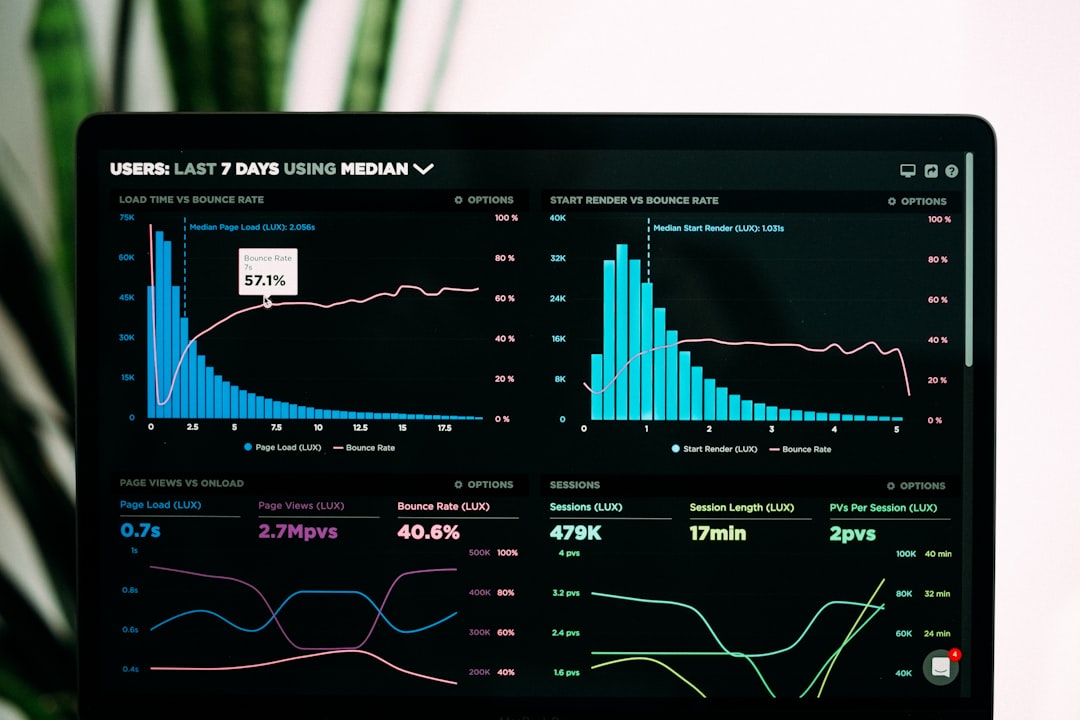
In the digital era, privacy and freedom have become increasingly vital for internet users—especially for activists, journalists, and citizens advocating for human rights. Online spaces offer vast opportunities for collaboration and mobilization, but these same platforms can expose users to surveillance, censorship, and data tracking. This is where Virtual Private Networks (VPNs) play an essential role. By encrypting data and masking IP addresses, VPNs empower digital activism while protecting users’ identities and safety.
Understanding the Challenges of Digital Activism
Digital activism relies heavily on access to free information and the ability to communicate securely. However, in many regions, governments impose restrictions on internet content, monitor online activity, and even penalize those who express dissenting views. These challenges make it difficult for activists to organize and share messages without fear of retaliation.
In such environments, VPNs have become indispensable. They allow users to bypass geo-blocked or censored content and access restricted websites safely. By routing internet traffic through encrypted tunnels, VPNs protect digital footprints from being tracked, offering a secure foundation for online activism.

How VPNs Support Digital Activism
VPNs offer several features that reinforce online privacy and freedom:
- IP Masking: Concealing users’ real IP addresses helps activists operate anonymously, minimizing the risk of being located or identified by authorities.
- Data Encryption: VPNs scramble online data, making it incomprehensible to hackers or surveillance programs even if intercepted.
- Bypassing Censorship: VPNs can connect users to servers in different countries, allowing access to content blocked in their home regions.
- Safe Communication: With encrypted connections, activists can use messaging apps and collaboration tools without fear of eavesdropping.
These tools are particularly crucial in times of political unrest or during movements that require coordinated action. When traditional media is suppressed or compromised, VPNs can help activists bring their narratives to global attention.
VPNs and the Right to Online Freedom
The use of VPNs also contributes to broader discussions about digital rights. As the internet becomes a primary avenue for speech and assembly, the right to online privacy and free expression is instrumental to maintaining democratic values. Restricting access to VPNs, as some governments attempt to do, can in effect stifle dissent and limit civic participation.
Online freedoms are extensions of human rights in the digital age. Tools that safeguard those freedoms must be supported and made accessible. VPNs are not just technical utilities—they are enablers of voice and visibility for marginalized groups, protestors, and journalists working in volatile regions.

The Responsible Use of VPNs
While VPNs offer substantial benefits, they must be used responsibly and ethically. Activists should ensure that they choose providers committed to no-log policies and transparent operations. Not all VPNs offer the same level of protection; some may collect user data or be susceptible to breaches themselves.
It is also important to combine VPNs with other digital security practices, such as using encrypted messaging platforms, maintaining strong password hygiene, and being cautious with email and file-sharing activities. Digital activism is most effective when supported by a comprehensive privacy strategy.
Conclusion
VPNs are vital tools in the modern activist’s toolkit, offering enhanced privacy, freedom, and access—three pillars of digital empowerment. In a time when digital spaces are continually contested and surveilled, the right to browse, speak, and share content securely has never been more crucial. VPNs help ensure that these rights are upheld, enabling courageous individuals to continue advocating for a more open and just world.
Frequently Asked Questions (FAQ)
- Q: Are VPNs legal everywhere?
A: VPNs are legal in most countries but are restricted or banned in some, including China, Iran, and North Korea. Users should be aware of local laws before using a VPN. - Q: Can VPNs protect me from all threats?
A: While VPNs secure your internet traffic and identity, they are not a silver bullet. Use them alongside other security tools for complete protection. - Q: Is a free VPN safe for activism?
A: Free VPNs often have data limits and may log user activity. For sensitive use like activism, it’s better to use a reputable paid VPN with a strict no-logs policy. - Q: Can a VPN improve access to blocked social media?
A: Yes, a VPN can reroute your connection through countries where social media platforms are not blocked, enabling full access. - Q: Do VPNs affect internet speed?
A: VPNs can slightly reduce speed due to the encryption process and server routing, but high-quality services minimize this impact.






